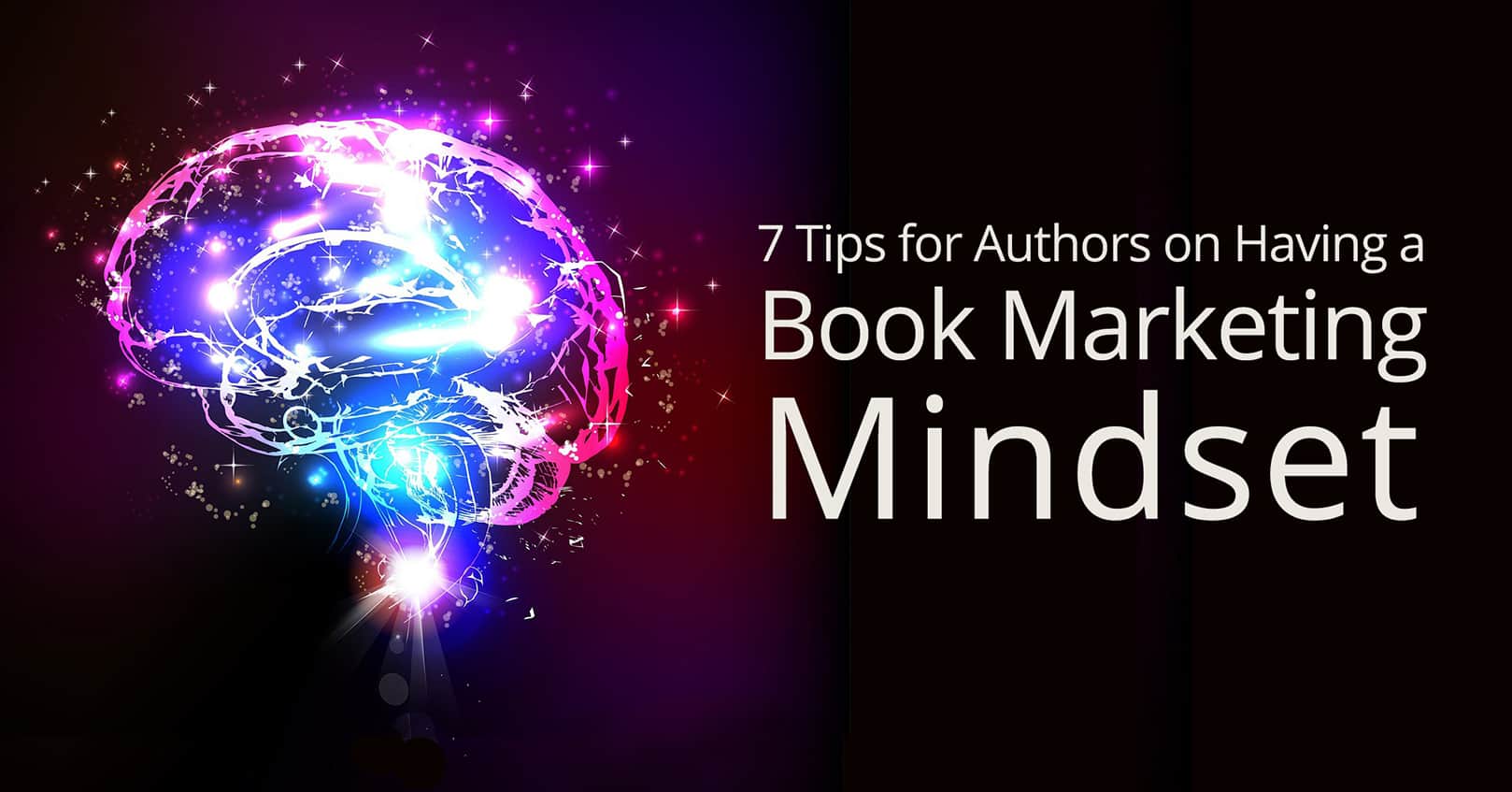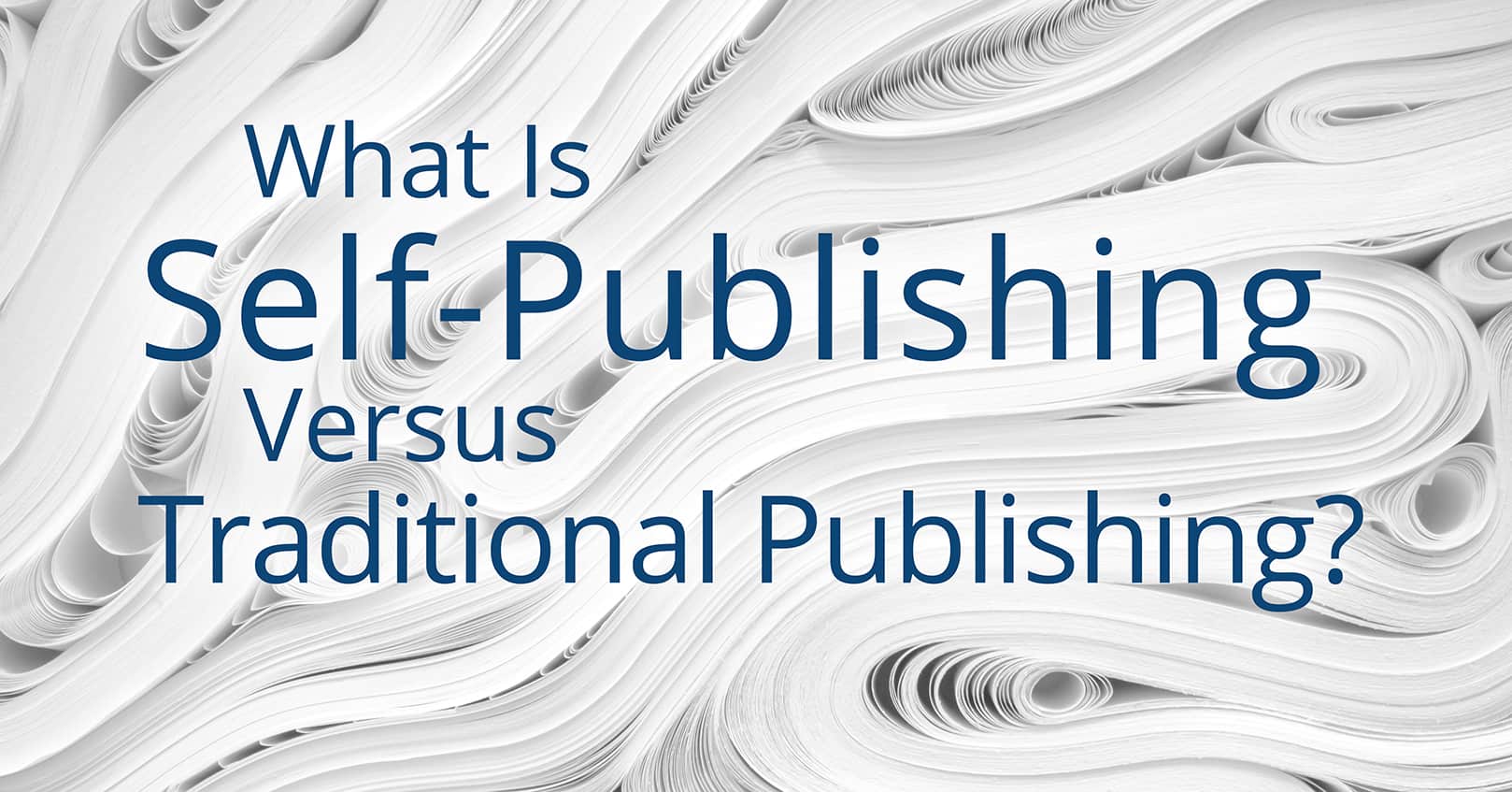
We get it: as an author, you’d much rather write than spend time marketing. But to sell your books, you need to do marketing, even if you are with a traditional publisher. With the right mindset, marketing can be a lot less frustrating and even become fun. Here are 7 tips to having the right marketing mindset when it comes to selling your books.
1. Marketing shouldn’t be “sale-sy.”
Instead, view it as sharing what you love with your friends.
Let’s say you ate at a new vegan restaurant and loved it. Wouldn’t you call or text any of your friends that are vegan to let them know about the awesome food? Or what if you started watching a cool TV series on Netflix that you’re really enjoying—wouldn’t you mention it to your friends the next time you see them?
Marketing your book should also be viewed this way—as sharing something you love with others who you think will love it too. Of course, marketing in this way means establishing a personal connection, and only reaching out to those who would be interested in what you write.
For example, on social media, you can establish a personal connection by making marketing-type posts only 20% of your posts, while informative, interesting, or personal information posts make up the rest of your posts. The same thing can be done in your author newsletter, or on your website. Always offer a personal connection with your readers before asking for the sale, and when you do ask for the sale, remember that you’re offering them something they want—great books!
As for only reaching out to those who would be interested, that is the purpose of targeted ads on Facebook, Amazon, and Google, or choosing the correct genre and content rating on book marketing sites like Book Cave, or separating books with completely different genres by using a different pen name.
2. Believe in your book and marketing.
You’ve written a book! As long as you’ve had it professionally edited and created a great cover, you should be confident in it. That doesn’t mean you’re not open to criticism or improvement; we can all improve, either in the next book or by correcting mistakes that are pointed out in a published book. But believe in your book and be exuberant about it. Don’t talk bad about it or look down on it, even if you know you need to improve. And don’t speak poorly about your marketing efforts for that book or about how hard it is—our powerful brains work to make such statements true, and saying negative things actually sabotages yourself. Instead, speak positive statements about your book and about your marketing efforts.
Your belief and excitement will shine through in everything you say and do and will pique potential readers’ interests. It will also keep you positive and make marketing easier and more effective.
3. Start with what you’re good at.
Are you an analytical person? Maybe Facebook or Amazon ads would be right up your alley. Do you like chatting with people or sharing personal stories? Maybe create a fan base on X or Facebook. Love taking pictures? Instagram may be best. Like making videos? Maybe give Tiktok a try. Start with marketing techniques you enjoy and then slowly expand your skills from there.
4. Something being uncomfortable does not mean it’s wrong.
Doing something new is uncomfortable, but growth comes from doing new things. And successfully marketing your book may mean doing things you are not yet comfortable with, simply because they are new, like reaching out to book reviewers, sharing about your book in Facebook groups, speaking at events, asking for interviews, creating an author website without any website experience, writing an author newsletter with personal information that people you’ve never met will read, or even talking to strangers at a store and bringing the conversation around to what you do (writing books).
But don’t stop simply because you’re uncomfortable; instead, choose one new method that makes you uncomfortable but that others have proven works, and do it until it is no longer uncomfortable.
5. Giving something away for a discount or for free is good marketing and does not devalue your work.
We know; you spent so much time and money on that book! It is worth more than free or $0.99. But giving something away for a discount or free is a proven marketing technique. Do you ever find yourself buying something you might not have normally bought because it was on sale? Or trying a restaurant you’ve never gone to before because you have coupons for it?
This is the same thing with book marketing. By selling a book at a lower price point, you attract readers who may not have bought your book otherwise (because they don’t know you). Once you have them in the door, they’re likely to buy the next book if it’s a series, or another of your books if they really loved the first one they read. (We find that offering the first book in a series for free and the second book at a slight discount is a good way to close the deal and encourage readers to buy the entire series. Ebook box sets sold at a slight discount is also a great way to do this.)
Of course, for this marketing tactic to be effective, you need more than one or two books, so keep writing!
5. Marketing is not a one-time fix.
The Rule of 7 states that a prospect needs to hear or see an advertiser’s message at least 7 times before they’ll take action to buy the product or service. This number may even be conservative in a digital environment, where we are bombarded with information. You may market your book on social media, through your newsletter, with internet ads, or with book marketing sites, but however you do it, most people who see your book for the first time will not actually buy it. They need to see it again and again before they choose to buy it.
Luckily, the internet also makes it easier to reach people again and again. So remember that marketing is not a one-time fix. Each time you market your book, not only do you reach new potential readers, you also provide another look for people who have maybe seen your book or your name once before but haven’t chosen to buy your book yet. On the bright side, every time you market your book, you build momentum, so you aren’t starting from scratch with each consistent marketing effort. Instead, you’re building a fan base that will help market your books for you. But that fan base can’t do it all. So keep on marketing!
6. Writing more books is marketing.
One of the best ways to market your books is to write more. If someone reads your book, but you don’t have another published book for them to pick up, then they may recommend the book to a friend and leave a review, but after that, you’ve lost them. By consistently writing and publishing books, you provide another great book for them to pick up. Once they’ve read the books you’ve published, they’ll stay tuned for the next because they know you’re writing consistently. And thus, a fan is born!
















I love that: Writing more books is marketing. Thanks for the encouragement to keep going!